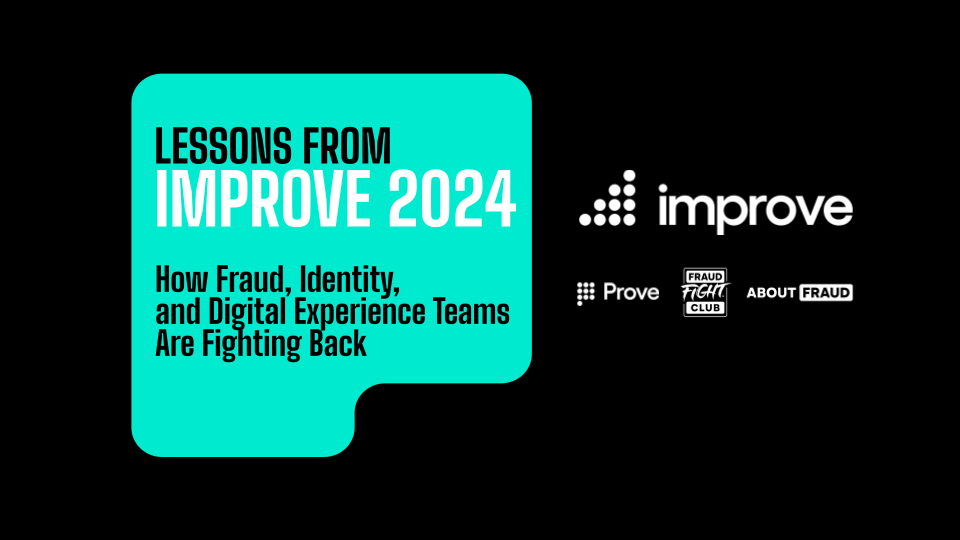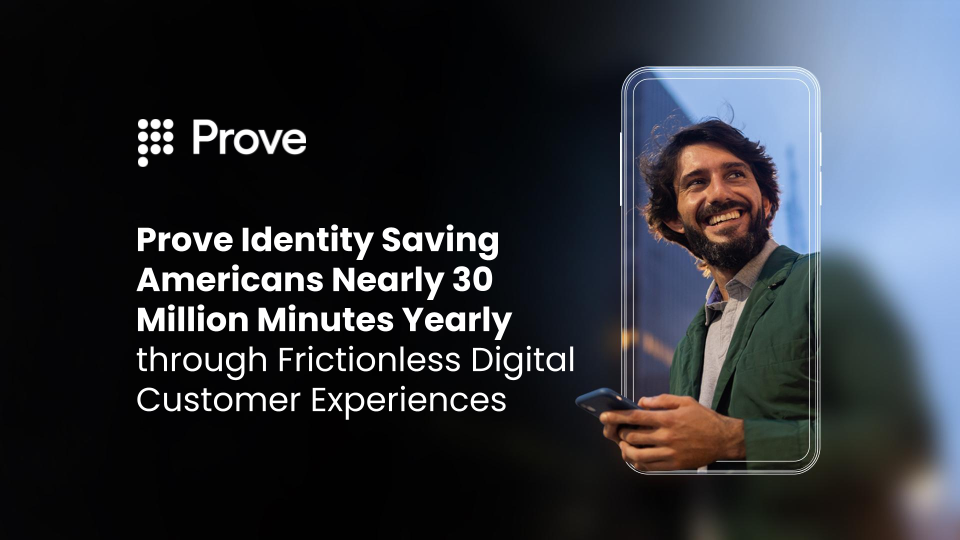Artificial Intelligence, Real-World Challenges: How to Attract Top-Tier AI/ML Talent in a Tight Labor Market


In today’s scorching hot labor market, securing top-tier tech talent has never been more difficult or more important. When it comes to capturing just how fierce the competition is, Susan Dominus of the New York Times Magazine puts it best: “Along with microchips, toilet paper, and COVID tests, tech workers will be recalled as one of the great, pressing shortages of this pandemic. Estimates of the unemployment rates for tech workers are about 1.7 percent, compared with roughly 4 percent in the general economy; for those with expertise in cybersecurity, it’s more like 0.2 percent.”
These numbers are staggering, even for an industry with a history of going to extraordinary lengths to recruit professionals with expertise in new, cutting-edge fields. However, the competition is justified when it comes to the race for AI/ML talent.
Artificial intelligence and machine learning are already transforming industries, automating complex tasks, and processing massive amounts of data in ways we couldn’t have imagined just a few years ago. Companies that leverage AI and ML effectively will quite literally be smarter than their peers and enjoy a competitive edge for years to come. The challenge for companies now is doing the legwork necessary to attract engineers who can pave the way to this exciting new reality.
Recruiting AI/ML professionals is exceptionally difficult because finding engineers with the diverse skill sets necessary to succeed in this field is akin to finding a needle in a haystack. Historically, some folks studied advanced math and data science while others focused on developing their software engineering chops. AI/ML, however, lies at the intersection of pure data science and software engineering. To excel in the field, professionals need to transition seamlessly from, say, working in a Jupyter Notebook to deploying advanced production systems. Because the field is so new and the job requirements so challenging, many tech companies struggle to find professionals with the depth and breadth necessary to excel in AI/ML.
Although the race for tech talent is fierce, it is not unprecedented. In the tech industry’s initial boom in the mid-2000s, companies went all out to attract coders, offering huge salaries and building palatial offices decked out with ping pong tables and in-house dry cleaners. As the tech industry has matured, however, recruiting has evolved. While lavish offices and unlimited snacks once ruled the day, today’s tech workforce now has a newfound appreciation for work-life balance, the benefits of flexible work-from-home policies, and the opportunity to impact the world positively. Ultimately, in my experience, prospective employees want nothing less than to be part of a team that helps make the transformative promise of artificial intelligence and machine learning a reality. This requires employers to throw out their old recruitment playbooks filled with platitudes and be more reflective and transparent with their would-be employees than ever before.
Here is Prove’s Playbook to recruiting AI/ML professionals:
- Remember, reputation is everything. To get the best people at your company, you need to establish a reputation for doing interesting work in AI/ML. It’s simple: good people want to work with other good people on interesting and impactful problems.
- Ask yourself: what’s your mission? Speaking of impactful problems, your company should be working to solve one. At Prove, our mission (to prevent fraud and accelerate onboarding using phone-centric identity) attracts professionals who want to use their AI/ML knowledge to make the world better.
- Looking for the best technical recruiter? They might already work for you. The best recruiters are the visible, highly technical people already on your payroll. If you can afford it, consider hiring a luminary in the space. In addition to their personal networks, they will be a natural gravitational force to pull in other top talents. That is a good way to bootstrap an AI/ML department because otherwise, it will be a tough slog; without a high profile and the right level of talent, no top talent will want to join, making it hard to raise the profile.
- Go the extra mile and start early: The AI/ML community is an active and dynamic one. One thing you need to do in today's market is engaging with the community in interesting ways. After Prove acquired UnifyID, for example, we decided to continue their successful AI Fellowship program and solicit applications from top junior AI and ML talent. The AI Fellowship will span over a quarter, and the AI Fellows will work on interesting research problems related to our business alongside people at our company. The program is extremely popular and most of the AI Fellows in previous years had at least one peer-reviewed publication based on their research work during the fellowship. The internship program helps us meet AI/ML professionals early on in their careers before the world’s tech giants recruit them.
While recruiting can feel impossible at times, it can be done. Over the past year, Prove, a leader in digital identity, has more than doubled its headcount to just under 300 employees, many of whom are industry thought leaders and experts in the AI/ML space. Follow this playbook, and you too will be able to grow your team.
To learn about Prove’s identity solutions and how to accelerate revenue while mitigating fraud, schedule a demo today.

Keep reading

Marketplace Risk, a leading authority in risk management for online platforms, has announced the recipients of its annual Solution Provider Excellence Program. This prestigious initiative spotlights industry leaders in risk, trust, and safety solutions, showcasing their expertise in addressing the challenges encountered by digital marketplaces, gig economy, and digital platforms. Among the winners is Prove.

Last week, almost 200 fraud, risk, and identity professionals gathered in Charlotte to deliver a collective knockout punch to fraud. And from all accounts, the punch landed.

Global Leader in Identity Verification and Authentication Demonstrates Substantial Impact, Enabling Enterprise Customers to Generate $2 Billion in Revenue












